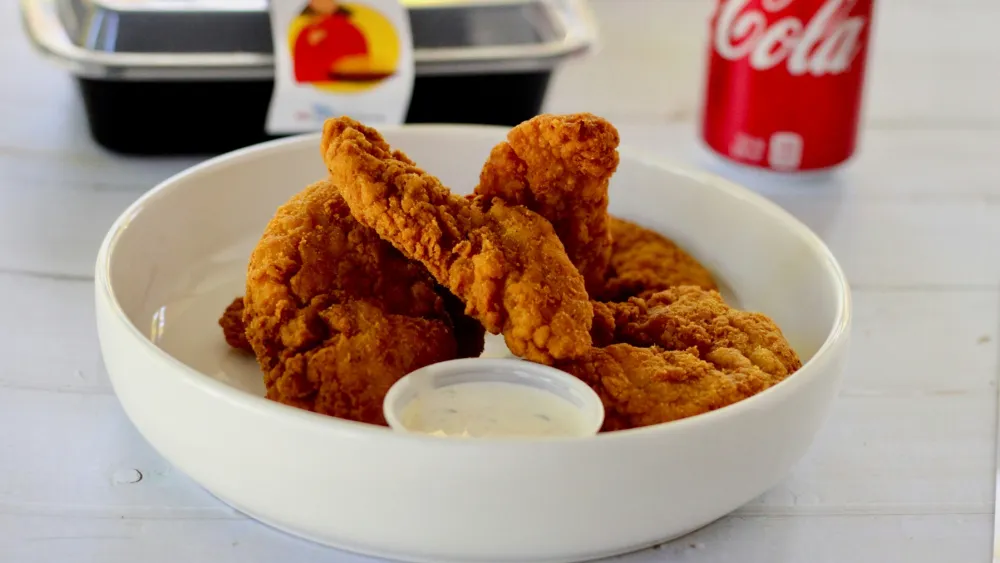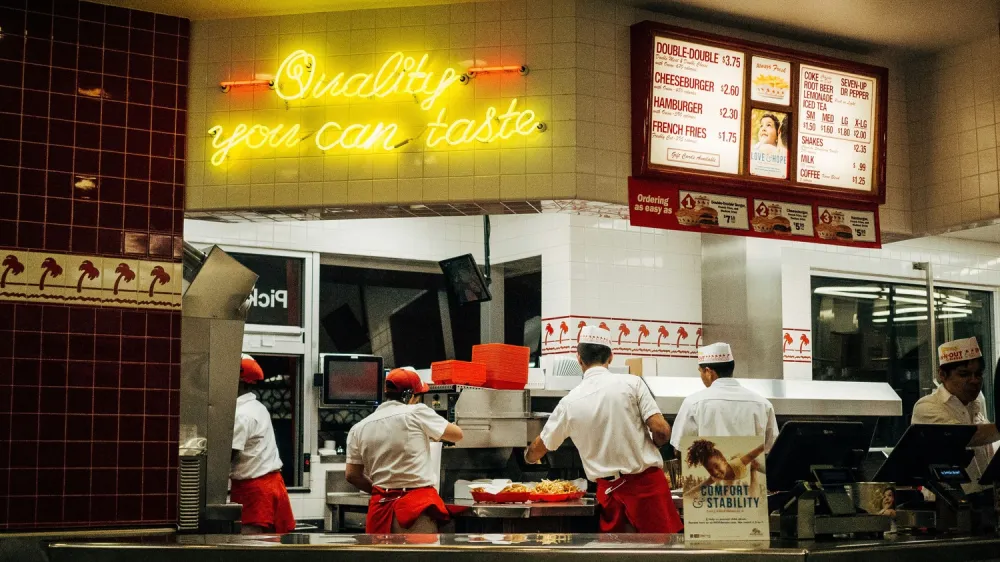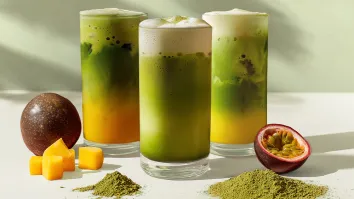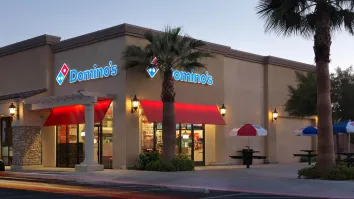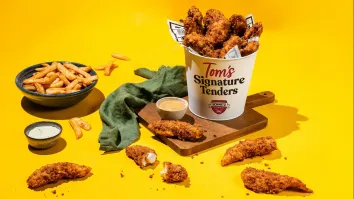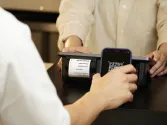Published:
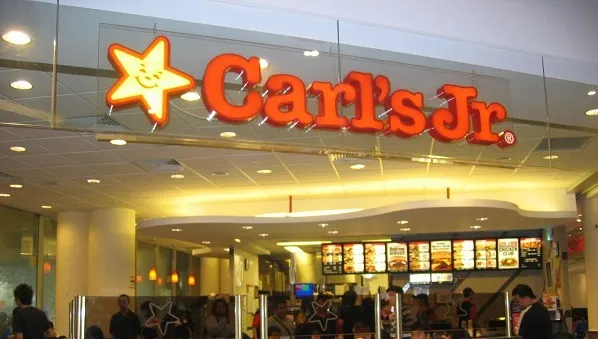
Weekly Global News Wrap Up: Carl's Jr to move away from racy ads; Yum Brands CEO sees fully automated foodservice industry in ten years; England challenges businesses to cut sugar by 20%
Here is a summary of the most interesting QSR news stories of the week from around the world.
- According to a report by Business Insider, Carl's Jr. and Hardee's are refocusing the marketing of its food, after years of building a reputation for their racy commercials featuring scantily-clad women. READ MORE HERE
- Quartz reported on CaliBurger, a West Coast burger chain, with a burger-flipping robot named “Flippy.” Flippy’s creator, Miso Robotics, says they’re not intending for Flippy to take away jobs from humans, but rather, that it will act as a “kitchen assistant,” taking over when a human has more important tasks. READ MORE HERE
- Yum Brands CEO Greg Creed told CNBC that artificial intelligence, robots and automation could replace humans in the food services industry. The Yum executive says his company, which owns several fast-food restaurant brands, including Pizza Hut, KFC and Taco Bell, has already set up automated kiosks in Shanghai, China. READ MORE HERE
- Forbes reported that AMC is promoting the latest season of TV series 'Better Call Saul' with a full-scale pop-up version of character Gustavo Fring's fast food restaurant, Los Pollos Hermanos, in three locations. READ MORE HERE
- Leading neuroscientist Wolfram Shultz, who was revealed as the joint winner of a €1 million (£864,600) prize for a lifetime’s work understanding the brain’s decision making process, said the colourful wrapping and attractive advertising of calorie-rich foods triggered chemicals which encouraged people to overeat. Shultz tells fast food chains to instead use plain packaging, the Telegraph reported. READ MORE HERE
- Sugar limits for everyday foods such as biscuits, chocolate bars and cereals have been published by public health officials in a bid to make UK children more healthy. Public Health England is challenging businesses to cut sugar by 20% by 2020, and by 5% this year, according to a report by BBC. READ MORE HERE
